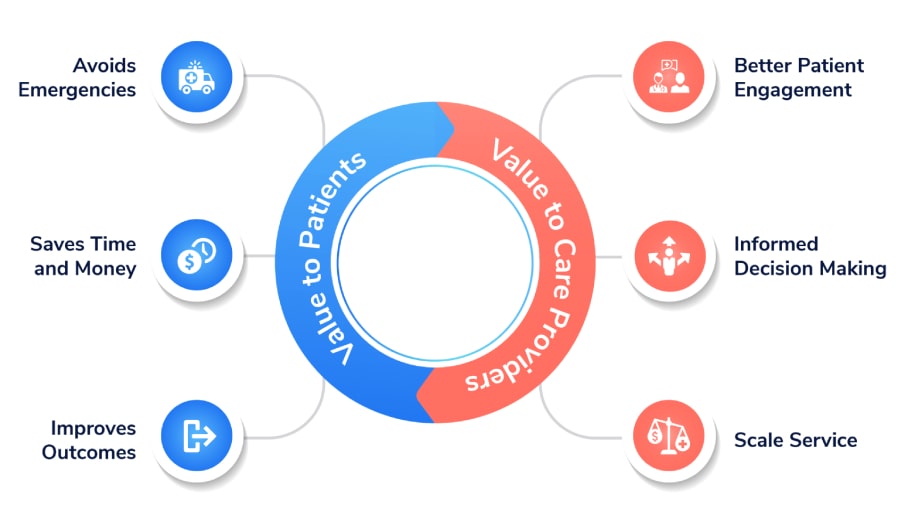Our solutions are defined by specific capabilities that drive positive health outcomes for patients and care providers.

The capabilities of our solutions are based on the six pillars of health and wellness. They empower individuals to develop a healthy and active lifestyle that helps to prevent, delay, and manage chronic diseases such as hypertension, diabetes, stroke, osteoporosis, and certain cancers. In addition, they also assist in managing moods and provide insights and activities that beneficially affect stress, depression and anxiety.